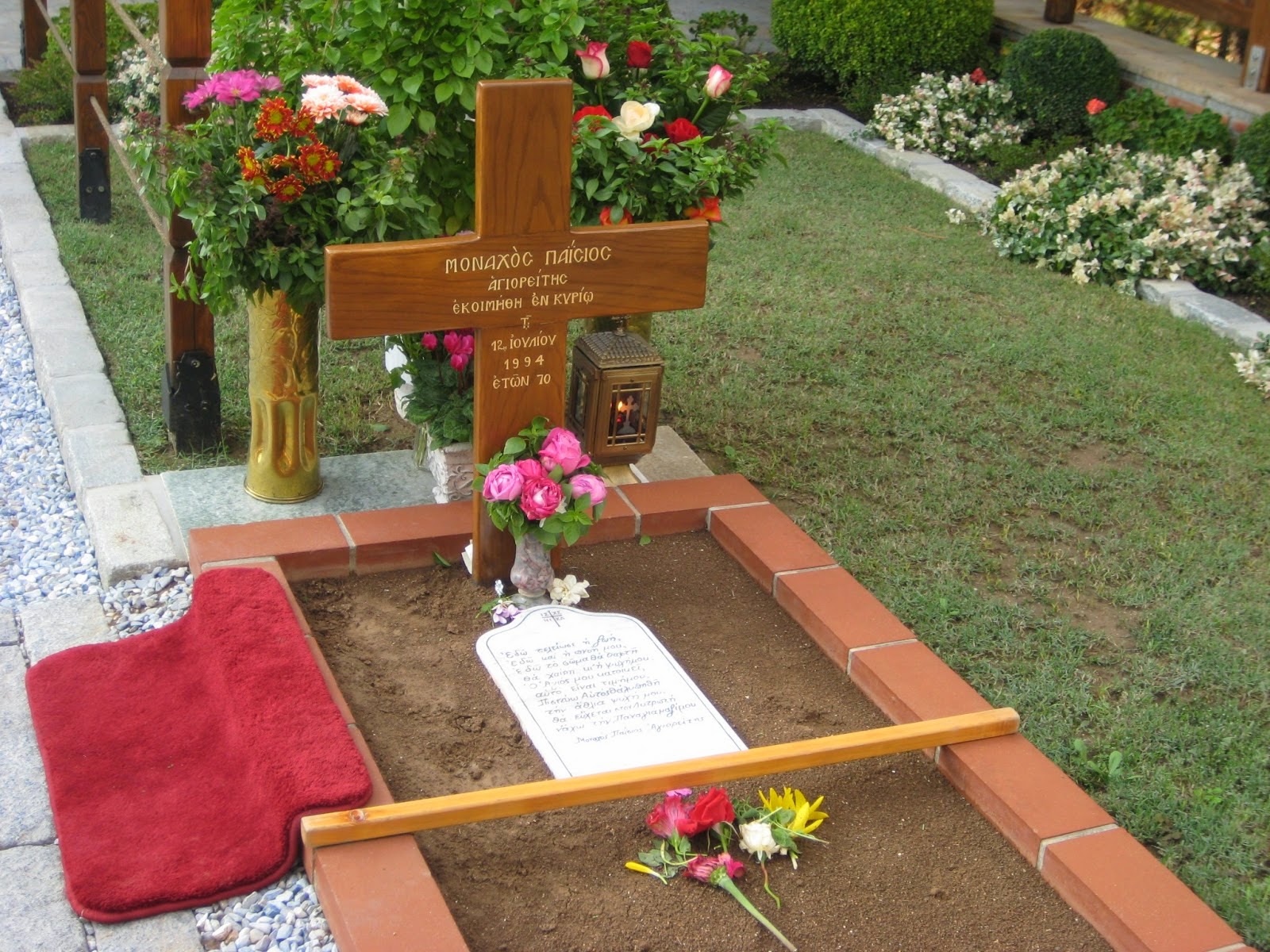The Deposition of the Holy Robe of the Theotokos in the Church of Blachernae - Commemorated July 2nd (Source)
Selected hymns of the feast (amateur translations from the Greek text here, except the Apolytikion and Kontakion). For more information of this feast, see here.
Doxastikon of the Stichera in the Second Tone.
Having been purified in our senses and mind, let us celebrate together with the Angels, and joyously pour forth the song of David to the youthful Bride of the King, Christ our God, saying: Arise, O Lord, unto Your rest, You and the Ark of Your holiness. (Psalm 132:8) For as a radiant palace, you have adorned and filled this Your city, O Master. Surround it and protect it from the barbarian wars, through Your mighty strength, through her intercessions.
Doxastikon of the Aposticha in the Second Tone.
As a surpassingly-radiant crown, O All-pure Theotokos, your Holy Robe is placed before the Church of God, and she exalts, rejoicing today, and dances mystically, O Lady, crying out to you: Hail, O precious diadem and crown of His divine glory. Hail, the only glory of the firmament, and eternal rejoicing. Hail, the harbor and protection of those who flee unto you, and our salvation.
Apolytikion in the Plagal of the Fourth Tone.
Ever-Virgin Theotokos, protectress of mankind, you have given given your people a powerful legacy: the robe and sash of your most honored body, which remained incorrupt throughout your seedless childbearing; for through you time and nature are renewed! Therefore we implore you: “Grant peace to your people and to our souls great mercy!”
Kontakion in the Fourth Tone.
O Pure One, full of the grace of God, you have given your sacred robe as a garment of incorruption to all the faithful, with it you covered your holy body, O divine protection of all mankind. We celebrate its enshrinement in Blachernae with love and we cry aloud with awe: “Rejoice, O Virgin, boast of Christians.”
(source)
Oikos
The pure and true dwelling of God the Word, the spiritual cloud, and container of the Manna, the Theotokos Mariam, all those who have been saved through her birthgiving, rejoice in faith, and embrace her sacred Robe, which covered her who carried the Master as He was clothed in flesh, through which our mortal nature was lifted up to the everlasting life and the Kingdom. Therefore with joy, let us cry out with a great voice: Rejoice, O Virgin, the boast of Christians.
Synaxarion
On the second of this month, we commemorate the deposition of the Holy Robe of the Theotokos in Blachernae, under Leo the Great, and his wife Verine.
Verses
Having put on Christ your Son, the citizens
Of your city are protected by Him, through His Mother's Robe.
On the second, the Robe of the All-pure one was deposited.
Prosomoion from the Praises in the Fourth Tone.
Behold a place of glory, behold a house that is filled with light, in which is treasured the precious Robe of the Child of God, with grace. Approach, O people, and receive illumination and joy, and cry out with a thankful heart, O Panagia, we bless you, O Virgin, we who have been saved through your birthgiving.
The Deposition of the Robe of the Theotokos at Blachernae (source)
Most-holy Theotokos, save us!










































